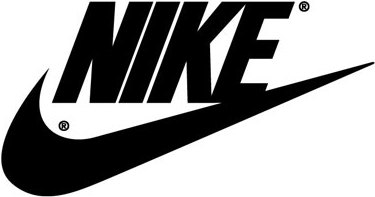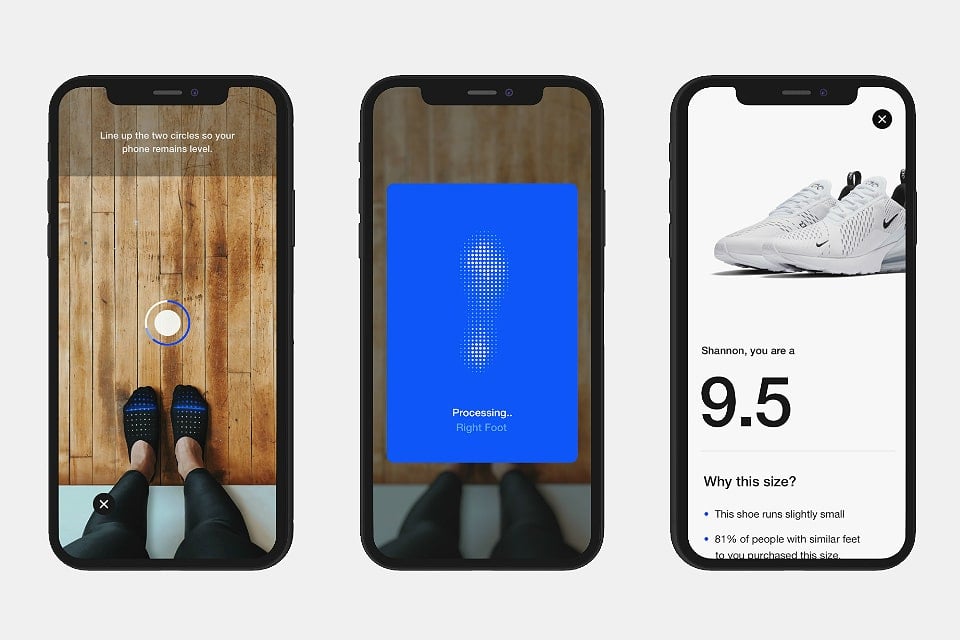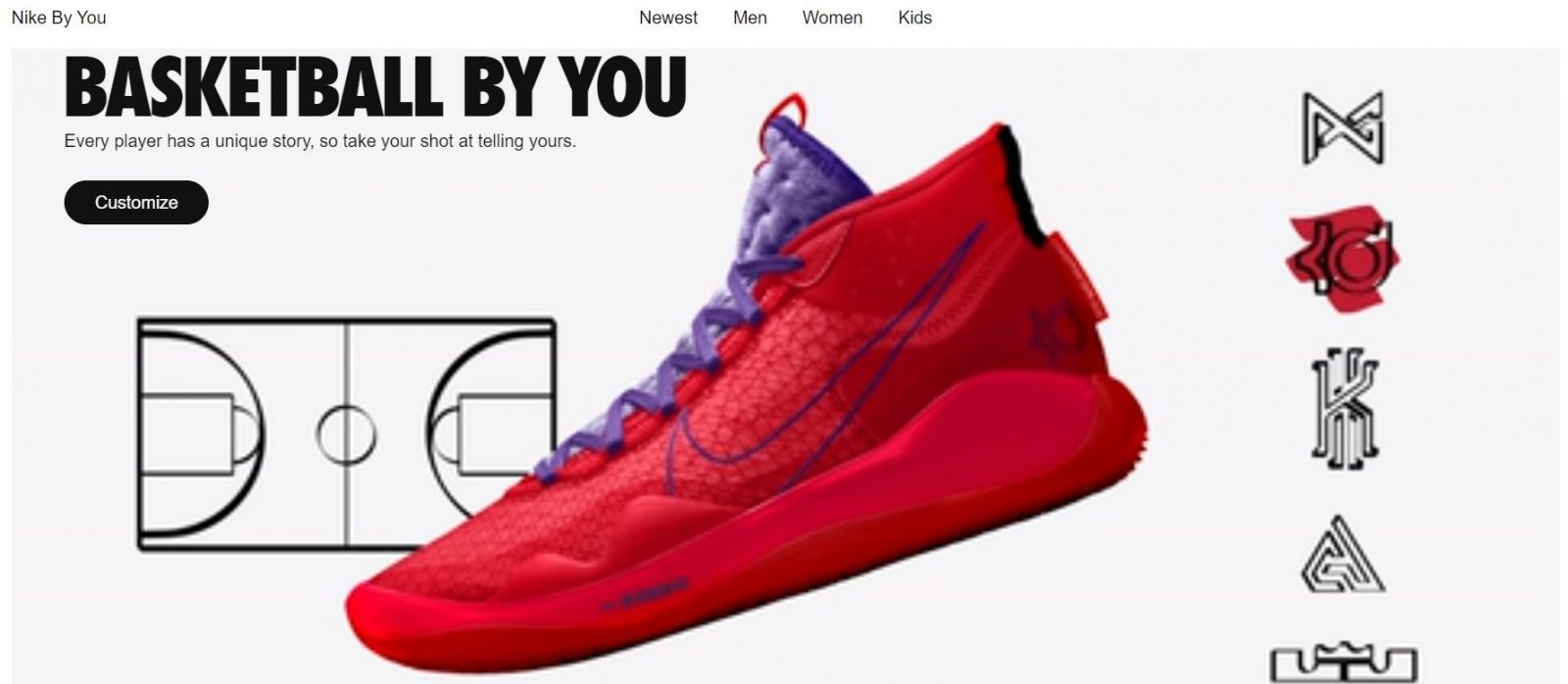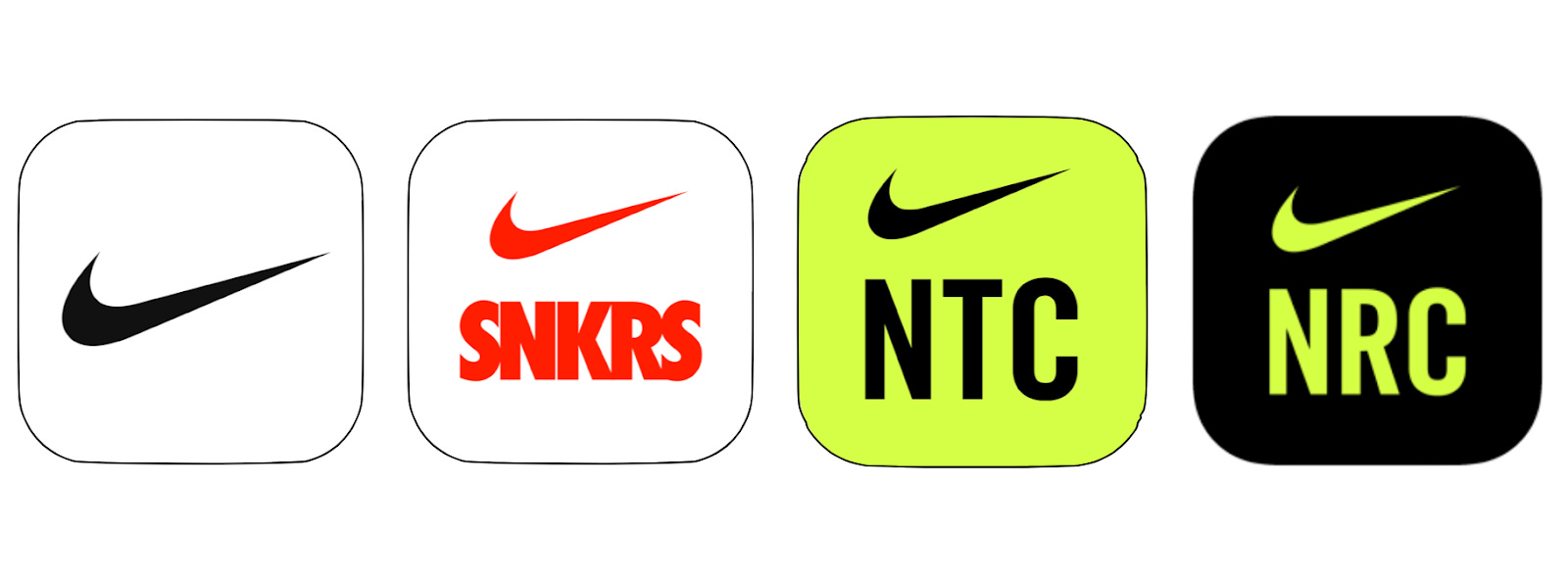Sprinting into the Future: Nike’s AI Strategies for Tomorrow

Explore how Machine learning (ML) has become a powerful tool for Nike, creating personalized experiences, innovative products, and staying ahead in the ever-evolving industry.
From its iconic swoosh logo to its commitment to innovation, Nike has consistently set the bar high in the world of sportswear. Over the years, the company has embraced technology, and in particular, machine learning, to transform the way it engages with its audience and designs its products.
The company’s technology-focused strategy has helped it grow fast and remain competitive in the industry. While pre-pandemic (2019) Nike Digital sales accounted for 10% of total sales, they accounted for 26% of total sales in fiscal 2023. Nike uses AI to enhance its digital business through applications that enable precise sizing predictions and data analytics that improve customer experience and optimize the supply chain.
Value creation– personalized products and efficient delivery
The Nike Fit app provides hyper-accurate shoe-fitting recommendations by scanning your foot. This was facilitated by Nike’s acquisition of Invertex Ltd. in 2018 which brought 3D scanning capabilities. The application uses augmented reality technology to analyze feet through a mobile phone camera, assessing the dimensions of each foot through a 13-point measuring system. Further, the sizing predictions are driven by artificial intelligence, implying that the more individuals who utilize the app, the greater the accuracy it will achieve. Its value lies in reducing the likelihood of returns, and associated expenses and ensuring a more accurate fit for customers.

Machine learning also plays a crucial role in providing Nike with valuable insights. By analyzing vast amounts of data from its apps including, Nike Training Club, Nike SNEAKRS, and the Nike app, Nike gains a deeper understanding of the market and customer needs. Its data-driven approach allows the company to make informed decisions about product development, marketing strategies, and customer engagement. For instance, Nike’s acquisition of two companies has facilitated its goals–Celect optimizes inventories by predicting future demand through machine learning on a company’s data, while the Zodiac platform forecasts individual customer revenue using predictive behavioral models and customer analytics on targeted data.
Capturing value
Nike’s strategic investment in advanced technology has yielded transformative results, enhancing not only the quality of its products but also revolutionizing the entire customer experience while streamlining supply chain operations. Through a comprehensive digital transformation, Nike has significantly enhanced customer engagement.
The introduction of subscription services by NikePlus represents a strategic move that goes beyond revenue generation. It establishes a platform for fostering strong customer loyalty by offering exclusive benefits and personalized experiences. This approach not only secures a consistent revenue stream but also strengthens the emotional connection between Nike and its customer base.
In addition, Nike’s strategic acquisitions and the adept utilization of sophisticated data analytics underscore the company’s readiness for global expansion. These strategic maneuvers not only position Nike favorably in the competitive landscape but also equip the brand with invaluable insights to navigate diverse international markets effectively. As a result, Nike stands at the forefront of the industry, leveraging technology not just as a tool but as a catalyst for sustainable growth and global prominence.

Challenges and opportunities
While Nike has successfully integrated machine learning into various aspects of its business, challenges persist. The ever-evolving landscape of technology poses a perpetual challenge, demanding a continuous adaptation to stay at the forefront of innovation. As the industry undergoes rapid transformations, Nike remains vigilant, navigating through the complexities of emerging tech trends to ensure its offerings are not just current but ahead of the curve.
The competitive arena presents another set of hurdles, particularly when contending with larger firms. Successfully navigating this dynamic landscape requires a delicate balance between preserving the brand’s identity and embracing innovation that resonates with the masses. Additionally, data privacy emerges as a paramount concern in the digital age. As technology becomes increasingly ingrained in our daily lives, safeguarding customer data is non-negotiable.
Managing to keep up with frequent variations in customers’ preferences and trends can be challenging, but it presents chances for innovation. In a recent statement, Nike’s CEO, John Donahoe, highlighted the significance of fostering deeper connections with everyday runners, indicating a potential avenue for increased market scalability and customer engagement.
Furthermore, ensuring adaptability to market changes may serve Nike well. Recognizing the dynamism inherent in consumer behavior and industry trends, the company should position itself to respond promptly and effectively. This adaptability serves not only as a safeguard against potential challenges but also as a catalyst for staying ahead of the curve in an industry characterized by rapid transformations.




Among sports footwear brands, I think Nike has been a clear industry leader in adopting new uses case of AI-based technology. However, one irony I’ve always found with Nike (and apparel companies in general) has been the long lead times it takes to develop a new product. On one hand, it’s great that AI models can tell you in under a second what shoes are popular…but on the other hand, it takes Nike 18-24 months to actually get those shoes in the hands of consumers. I know that some hyper-fast fashion players (like Shein) are speeding up this process, but do you know if Nike is meaningfully using AI to reduce their manufacturing lead times somehow? That feels like an area where if they can use tech to cut production time by half, would be a true game changer.